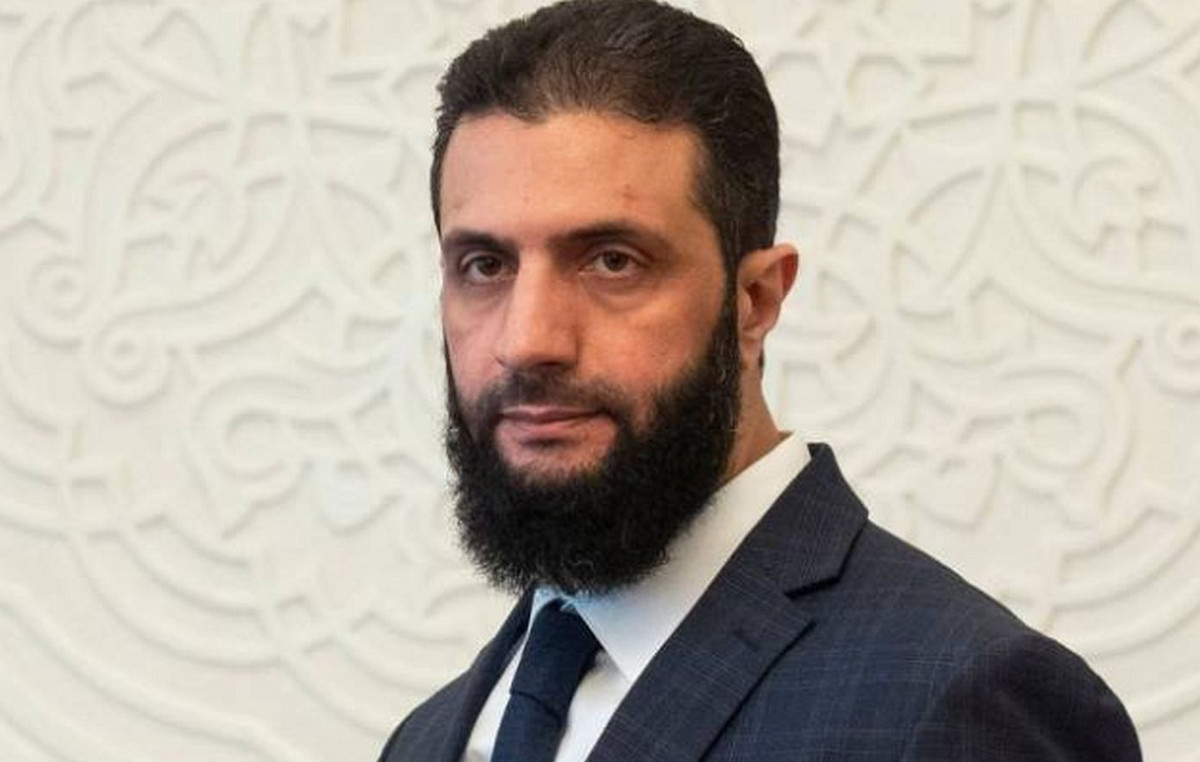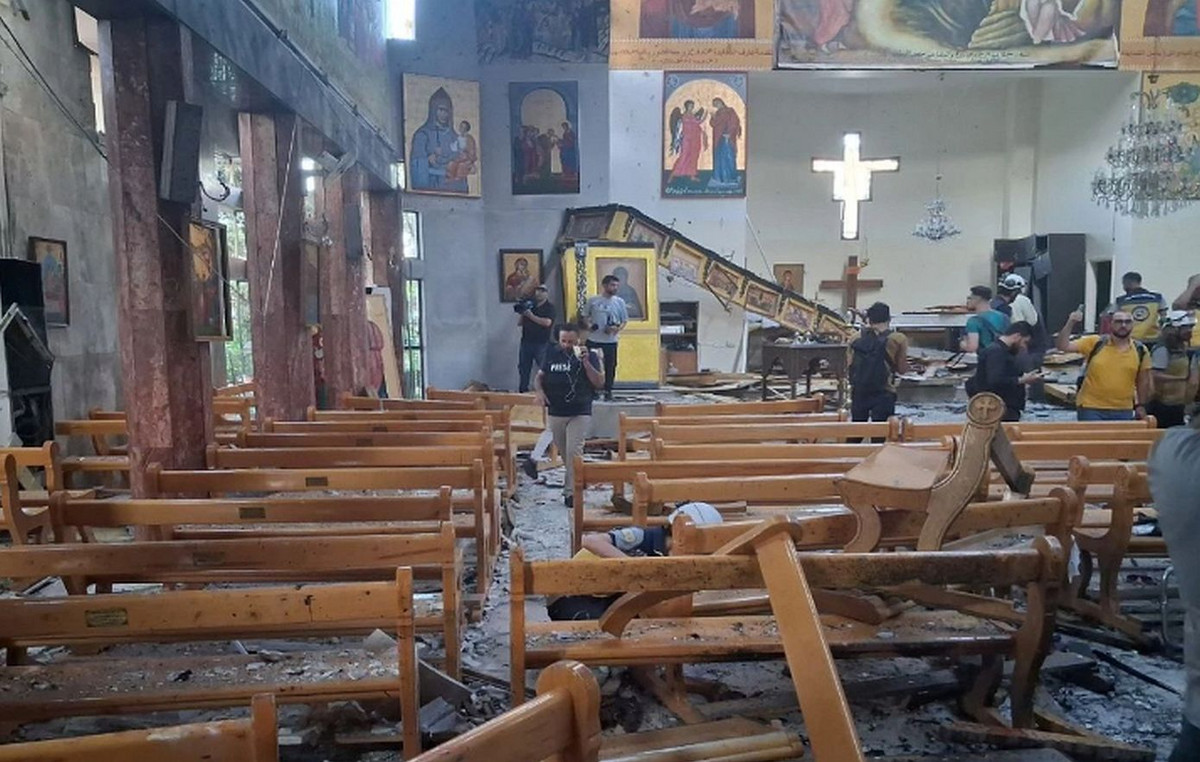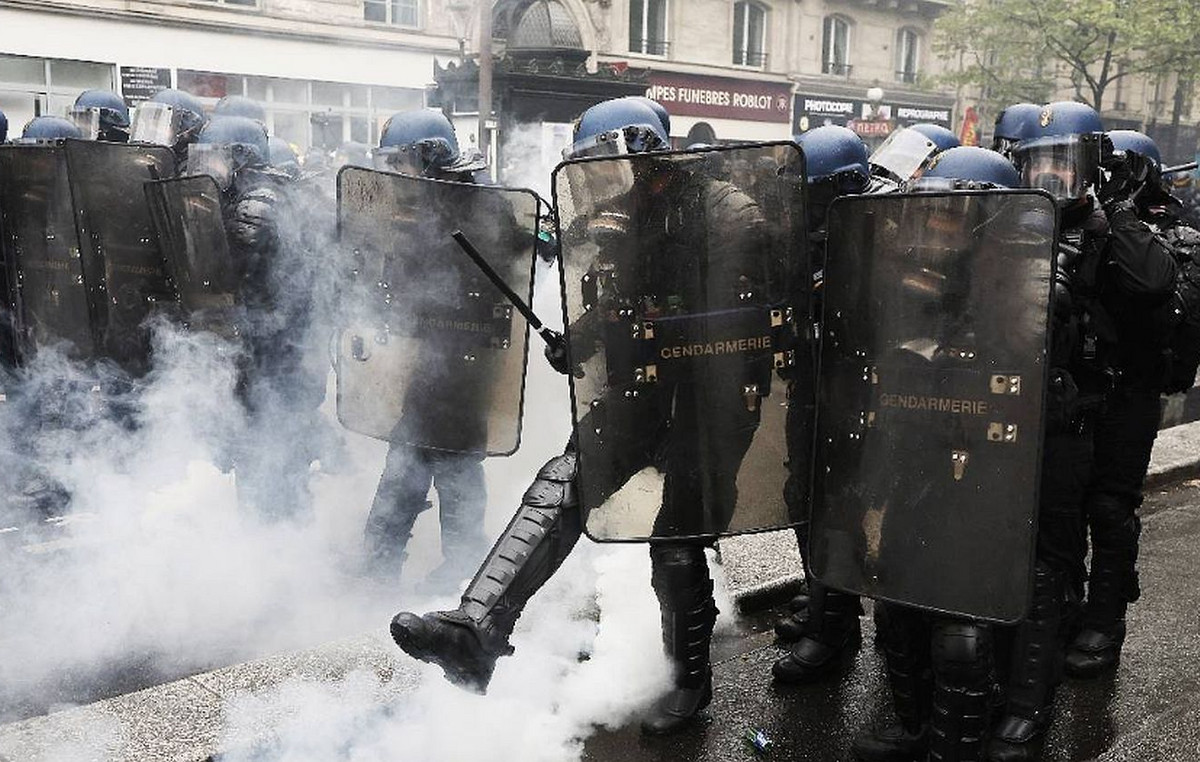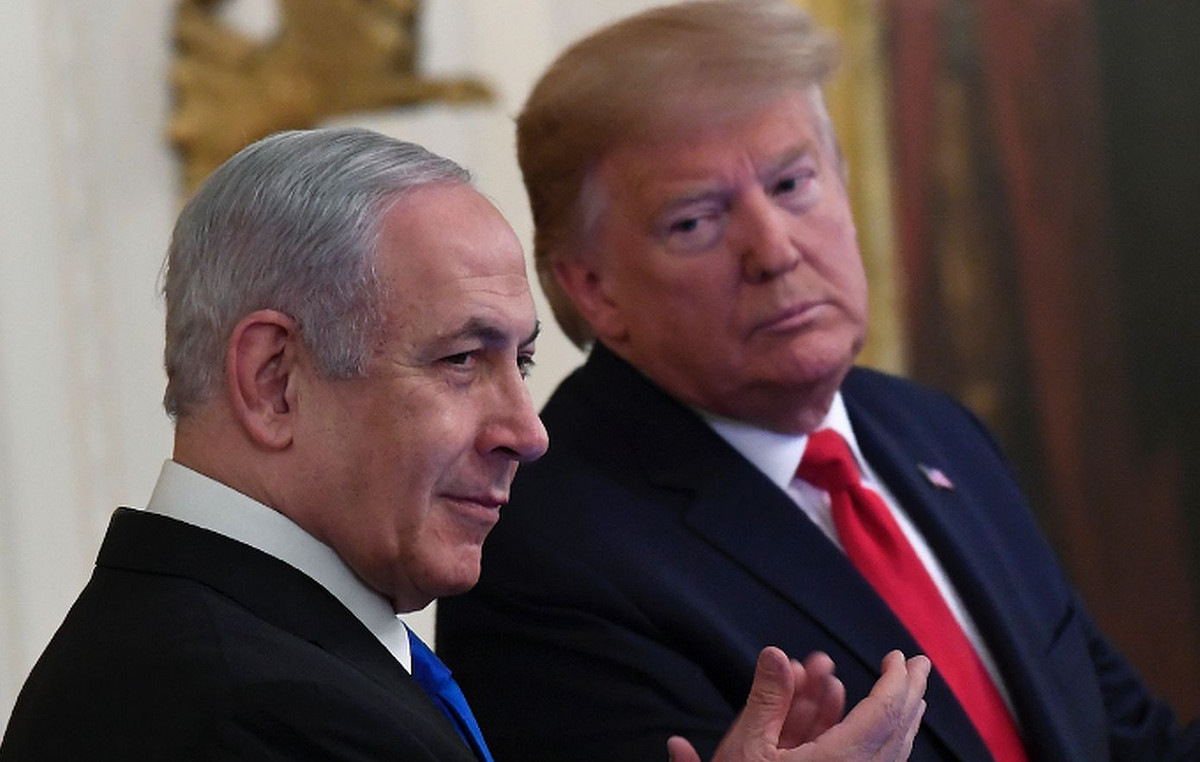The American newspaper Wall Street Journal published this Monday (10) leaked messages from the military leader of Hamas, Yahya Sinwar, in which he claims that the group has an advantage over Israel in the war in Gaza.
“We have the Israelis right where we want them,” Sinwar told the Hamas political leadership in Qatar recently. The date of the message was not disclosed, but it suggests that Sinwar is pushing for the war to continue.
The WSJ said it analyzed dozens of messages from Sinwar sent to negotiators of the proposed ceasefire.
The American newspaper reported that in a message Sinwar said civilian deaths in previous conflicts were “necessary sacrifices”, citing past independence-related wars in places like Algeria.
As Israel prepared to enter Rafah before Ramadan in February, the WSJ said Sinwar urged Hamas’ political leaders not to make concessions and instead push for a permanent end to the war.
“Israel’s journey in Rafah will not be a walk in the park,” Sinwar said in a message to Hamas’ political leadership.
A CNN has not seen the leaked messages seen by WSJ and cannot confirm their authenticity.
Mediators are awaiting a response from Hamas to an Israeli proposal put forward by President Joe Biden last month – which aims to free hostages in Gaza and implement a ceasefire.
While the US is pressuring those who have influence over Hamas to pressure the group to accept the deal, US Secretary of State Antony Blinken has also made it clear that the US believes the group’s leader, Sinwar, is responsible for the decision. Final.
“I think there are those who have influenced, but influence is one thing, actually making a decision is another. I don’t think anyone other than the Hamas leadership in Gaza will make a decision,” Blinken said.
Blinken said Hamas’ response to the proposal will reveal the group’s priorities.
“We await Hamas’ response and that will speak volumes about what they want, what they’re looking for, who they’re looking out for,” Blinken said.
“They’re looking out for a guy who might be 10 stories underground somewhere in Gaza, while the people he says he represents continue to suffer in a crossfire of their own creation.”
In early messages to ceasefire negotiators, Sinwar appeared “surprised” by the brutality of the October 7 attack on Israel.
“Things have gotten out of control,” Sinwar said in one of his messages, according to the WSJ, adding that he was “referring to militants taking civilian women and children hostage.”
“People got involved in this, and it shouldn’t have happened,” Sinwar said, according to the WSJ.
The group’s leader also expressed displeasure after not being consulted for a meeting between Hamas political leaders and other Palestinian factions, calling the meeting “shameful and outrageous.”
“As long as the fighters are still standing and we do not lose the war, these contacts must be immediately ended,” he said, adding that “we have the capabilities to continue fighting for months.”
He also compared the war in Gaza to a seventh-century battle in Karbala, Iraq, a monumental moment in Islamic history where the prophet Muhammad’s grandson was killed.
“We have to move forward on the same path we started,” Sinwar wrote. “Or let it be a new Karbala.”
His comments came as 14 of the 15 members of the United Nations Security Council voted in favor of the resolution for a ceasefire – the first time the council has approved such a plan to end war. Israel is not a member of the council, and therefore did not vote.
The comprehensive three-stage peace agreement, which sets out conditions intended to lead to the eventual release of all remaining hostages in exchange for a permanent ceasefire and withdrawal of Israeli forces, was first publicly laid out by US President Joe Biden, on May 31st.
The historic vote means the council now joins other major global bodies in supporting the plan, increasing international pressure on Hamas and Israel to end the conflict.
Hamas welcomed the adoption of the UNSC resolution, saying in a statement it was ready to engage with mediators to implement measures such as the withdrawal of Israeli forces from Gaza, the exchange of prisoners, the return of residents to their homes and the “rejection of any demographic change or reduction in the Gaza Strip area.”
The resolution says Israel has accepted the plan, and U.S. officials have repeatedly emphasized that Israel has agreed to the proposal — despite other public comments by Israeli Prime Minister Benjamin Netanyahu suggesting otherwise.
Source: CNN Brasil
Bruce Belcher is a seasoned author with over 5 years of experience in world news. He writes for online news websites and provides in-depth analysis on the world stock market. Bruce is known for his insightful perspectives and commitment to keeping the public informed.







